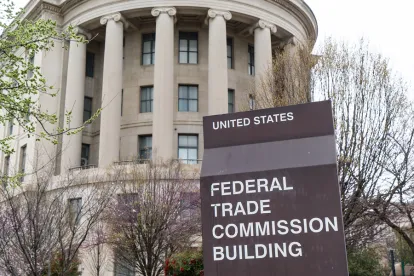Much of the regulatory "attention" regarding cannabidiol ("CBD") has been, understandably, focused on the U.S. Food and Drug Administration ("FDA").
Indeed, the FDA was the first federal regulatory agency to publicly comment on the decriminalization of hemp and CBD in the 2018 Farm Bill. But the FDA is not alone in this universe. The Federal Trade Commission ("FTC") also has a role to play in the monitoring of health-related advertising claims made in connection with CBD products.
One of the chief goals of the FTC is to "protect consumers from unfair and deceptive practices in the marketplace." In keeping with that goal, the FTC sent warning letters to three companies that sell "oils, tinctures, capsules, “gummies,” and creams" containing CBD. Although the FTC, in its announcement, did not publicly disclose the companies at issue, its press release does indicate that each of the companies advertised that its CBD products treat or cure serious diseases and health conditions – like cancer, Alzheimer's disease, autism, anorexia, and more. The FTC's letters warn the companies (and by publicly publishing this information, others) that it is "illegal to advertise that a product can prevent, treat, or cure human disease without competent and reliable scientific evidence to support such claims."
This should not surprise the industry, as the FTC recently joined with the FDA in warning companies about similar representations in April of 2019. This action does, however, represent a slight deviation from that approach in that the FTC moved forward on its own in this instance. CBD market participants should only expect more regulatory scrutiny, review, and action over time, especially as regulations continue to develop.
Regardless of which regulatory agency acts to enforce applicable laws and regulations, the takeaway is the same: CBD product manufacturers, advertisers, and sellers must be thoughtful and careful about the claims they make in connection with their products. Making unsubstantiated claims about the treatment, prevention, or curing of a human disease will expose a company and its products to regulatory scrutiny and, in some case, regulatory action. Regulators are watching what companies say about their products (including statements on websites and social media accounts).





 />i
/>i
